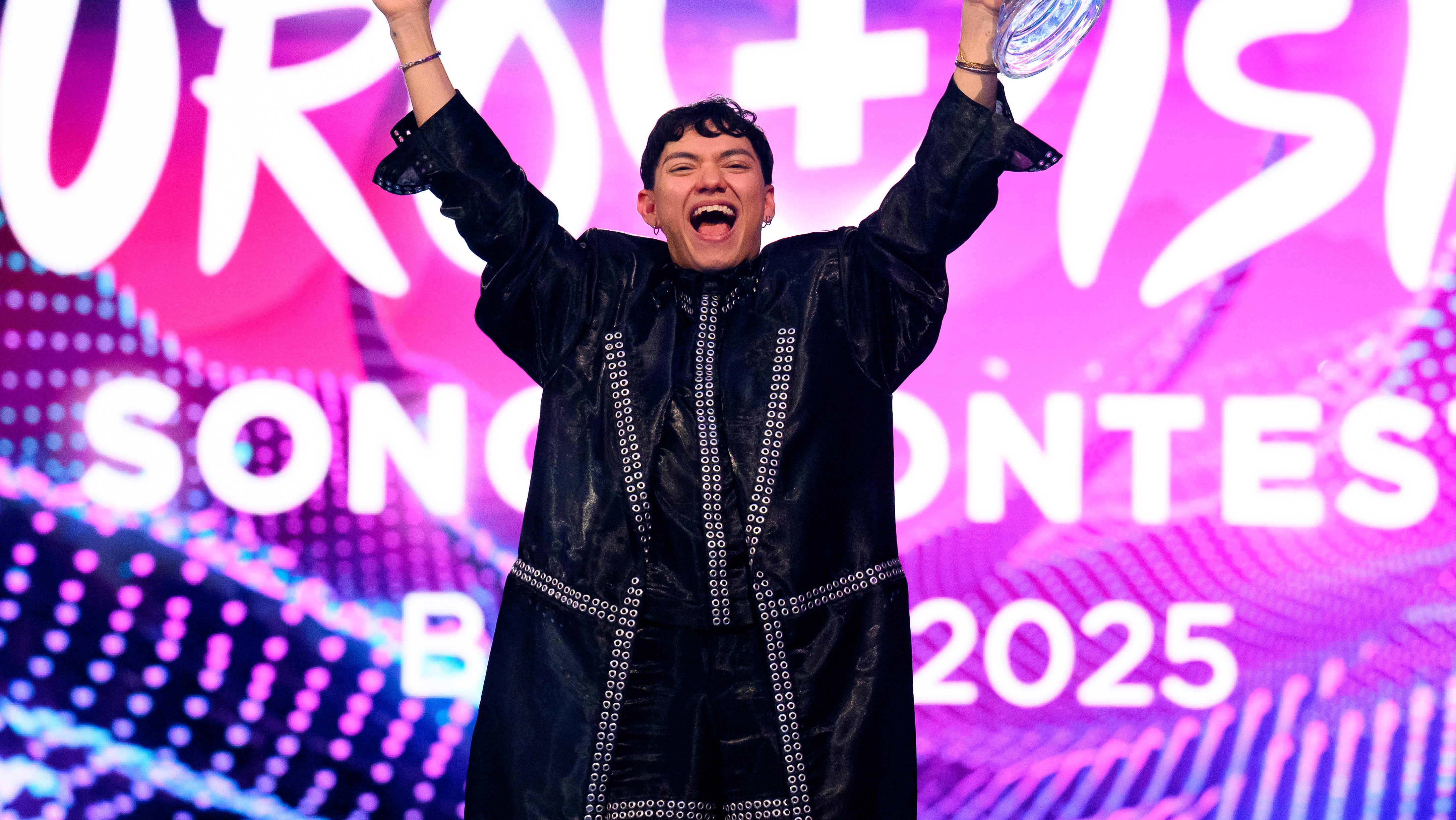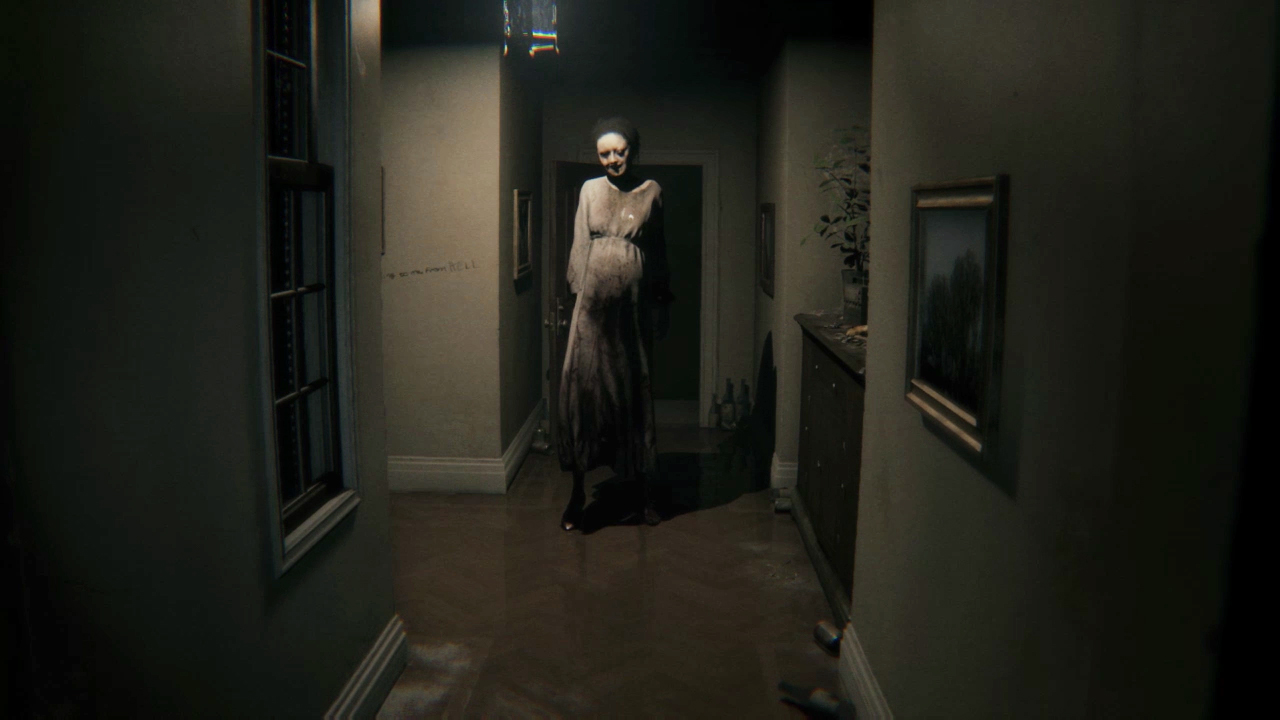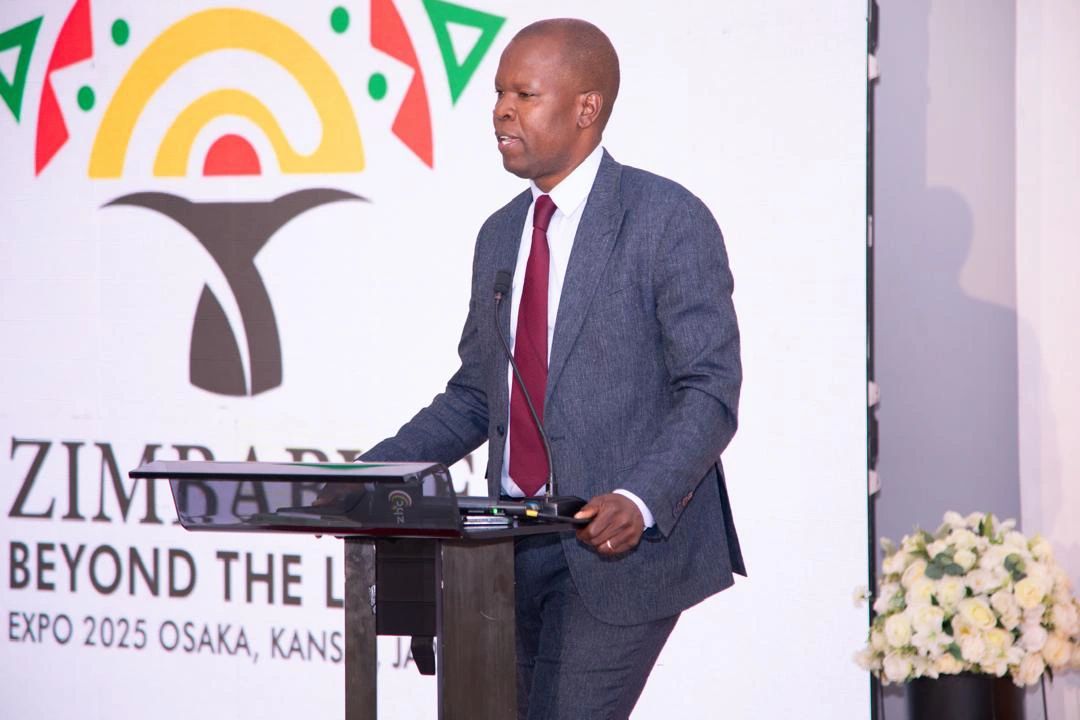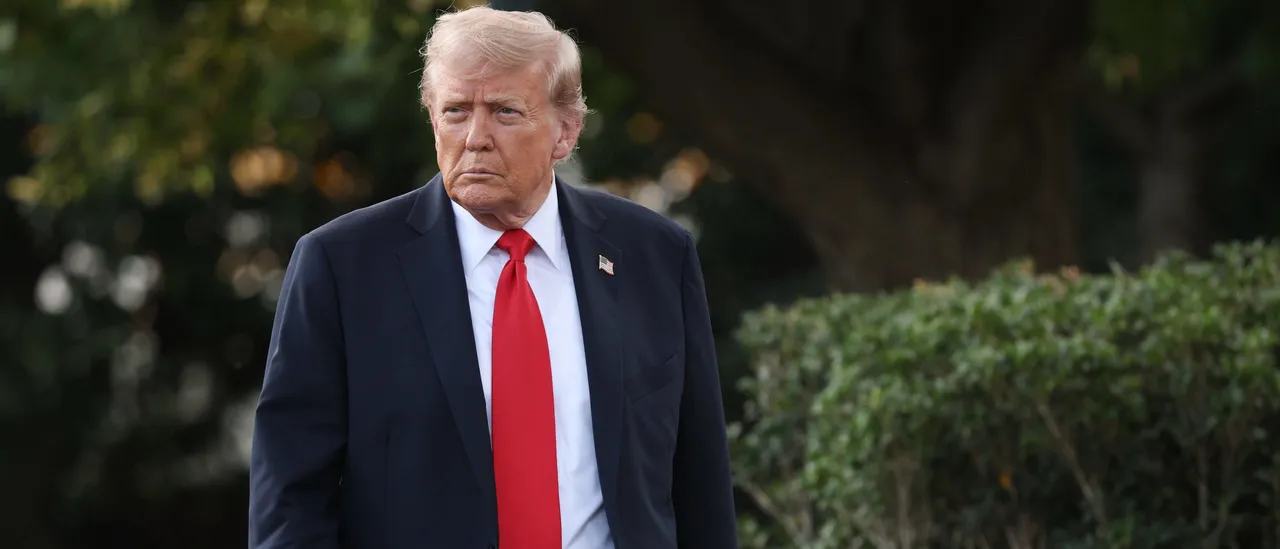By Marcus Wratten
Copyright thepinknews

The organisers of the Eurovision Song Contest have responded to numerous countries threatening to withdraw from the 2026 competition if Israel is permitted to compete.
On 11 September, Ireland’s broadcaster RTÉ released a statement stating that the country’s involvement in Eurovision 2026 would be “unconscionable” if Israel is allowed to partake, due to the “ongoing and appalling loss of lives in Gaza.”
The statement explained that at a meeting in July, several members of the European Broadcasting Union (EBU) had raised “concerns” about Israel being allowed to take part in next year’s music competition, which will take place in Vienna.
“It is RTÉ’s position that Ireland will not take part in the 2026 Eurovision Song Contest if the participation of Israel goes ahead,” the statement continued, adding that the deadline for countries to decide whether they wish to take part in the contest had been extended to December.
On Friday, Dutch broadcaster Avrotros concurred that Netherlands would also pull out of Eurovision 2026 should Israel still be in the competition. Other countries including Slovenia, Iceland, and Spain have also threatened to boycott the competition if Israel is included.
Now, a spokesperson for the EBU has responded to the possible mass boycott, stating that while it “understands the concerns” held by some participating countries, “no decisions” have been made about Israel’s inclusion.
Over the weekend, rumours began circulating that the EBU has asked Israel to compete under a neutral flag in 2026, or temporarily withdraw from the competition for a year. A spokesperson for the EBU has now denied that this is the case.
“The EBU has not made any proposals to [Israeli broadcaster] Kan regarding participation in next year’s Eurovision Song Contest,” a spokesperson told The Hollywood Reporter.
“The consultation with the wider EBU membership is ongoing and no decisions will be made until the process concludes.”
“We understand the concerns and deeply held views around the ongoing conflict in the Middle East,” Eurovision’s director Martin Green added.
“Broadcasters have until mid-December to confirm if they wish to take part in next year’s event in Vienna.
“It is up to each member to decide if they want to take part in the contest and we would respect any decision broadcasters make.”
The EBU said that it was still “gathering views” of its members to work out how to “manage participation and geopolitical tensions around the Eurovision Song Contest”.
While Israel has been allowed to compete in Eurovision for the past few years, the decision by the EBU to allow them to do so has not been without controversy.
In 2024, scores of Eurovision fans refused to watch the famed song contest, while musicians representing each country were criticised for failing to pull out in protest. Ahead of the 2025 competition, more than 70 former Eurovision contestants signed an open letter urging that Israel and its broadcaster KAN be prevented from taking part in the contest.
The controversy hit fever pitch following the Eurovision final back in May, which resulted in Israel’s entrant Yuval Raphael winning the televote with her song “New Day Will Rise”, and coming in second place overall, missing out on the win to Austria’s JJ and his song, “Wasted Love”.
According to the British Red Cross, 2.1 million people in Gaza are facing extreme hunger, while The Integrated Food Security Phase Classification (IPC) confirmed in August that a famine is taking place in the Palestinian region.
Earlier this month, the world-leading International Association of Genocide Scholars stated that that Israel’s military action in Gaza met the UN convention’s definition of a genocide. However, the British government recently said that it had “not concluded” that the country’s actions constituted a genocide.
Last week, thousands of film industry professionals and stars, including Joe Locke, Ayo Edebiri, Bowen Yang and Hannah Einbinder, signed a pledge to refuse to work with Israeli film institutions that are “implicated in genocide and apartheid against the Palestinian people”.



